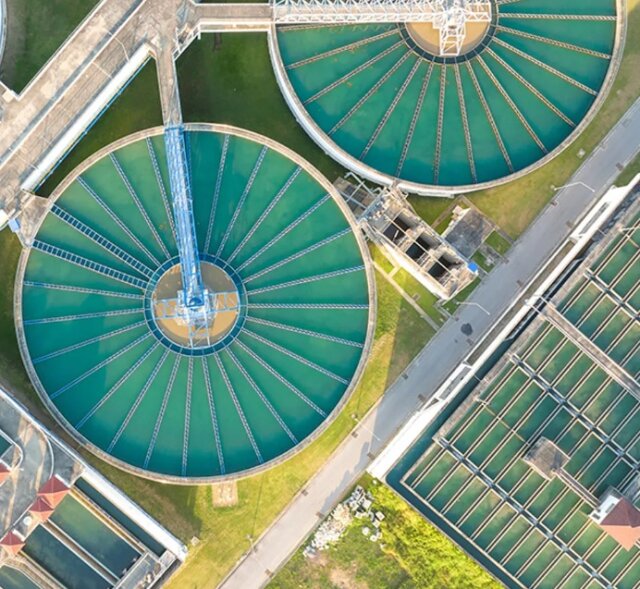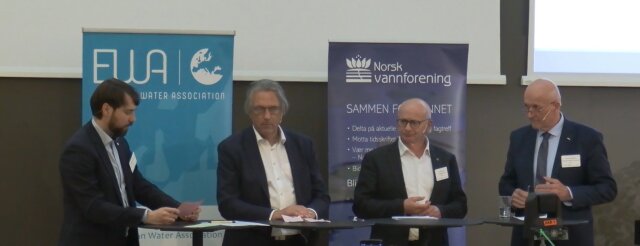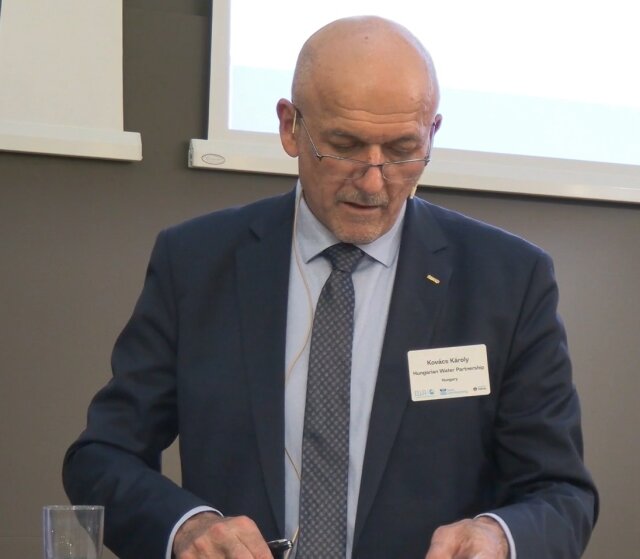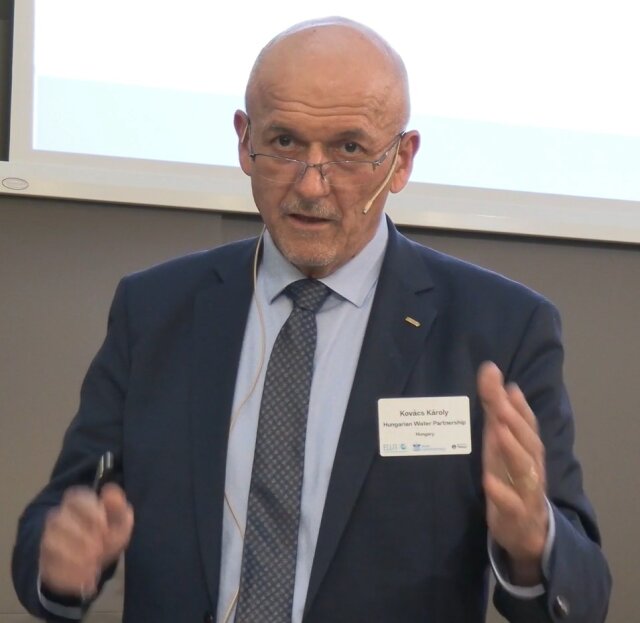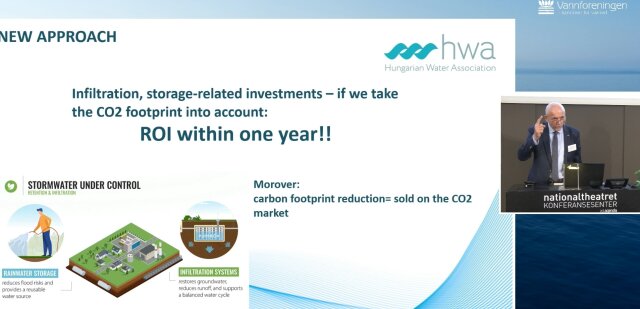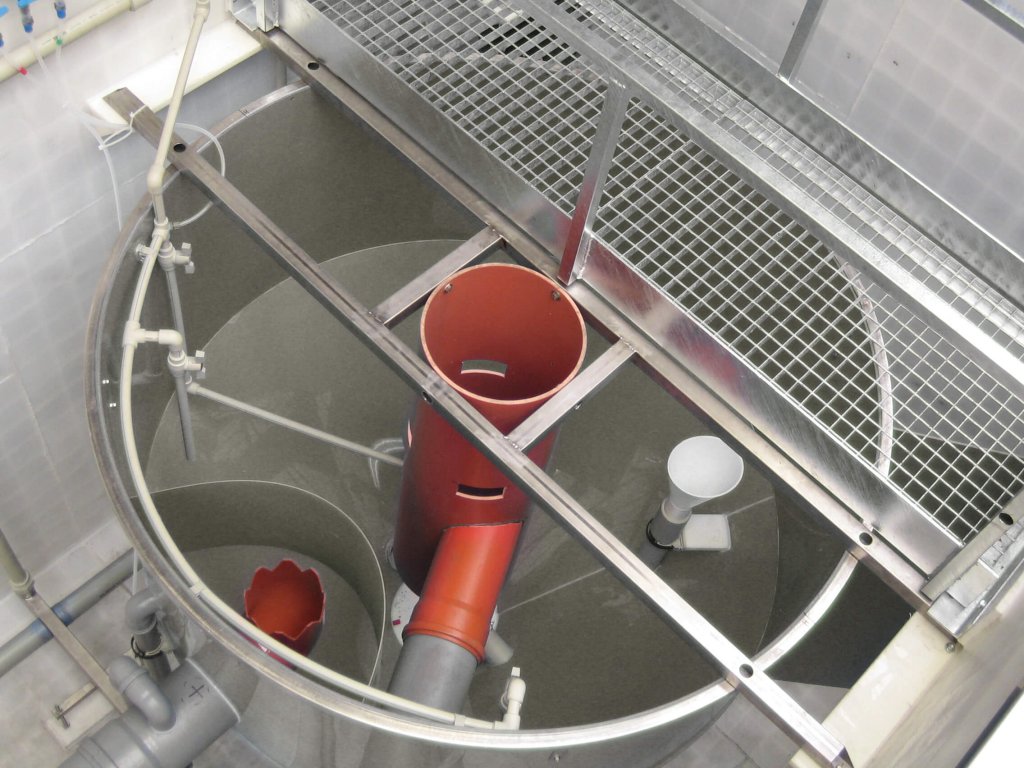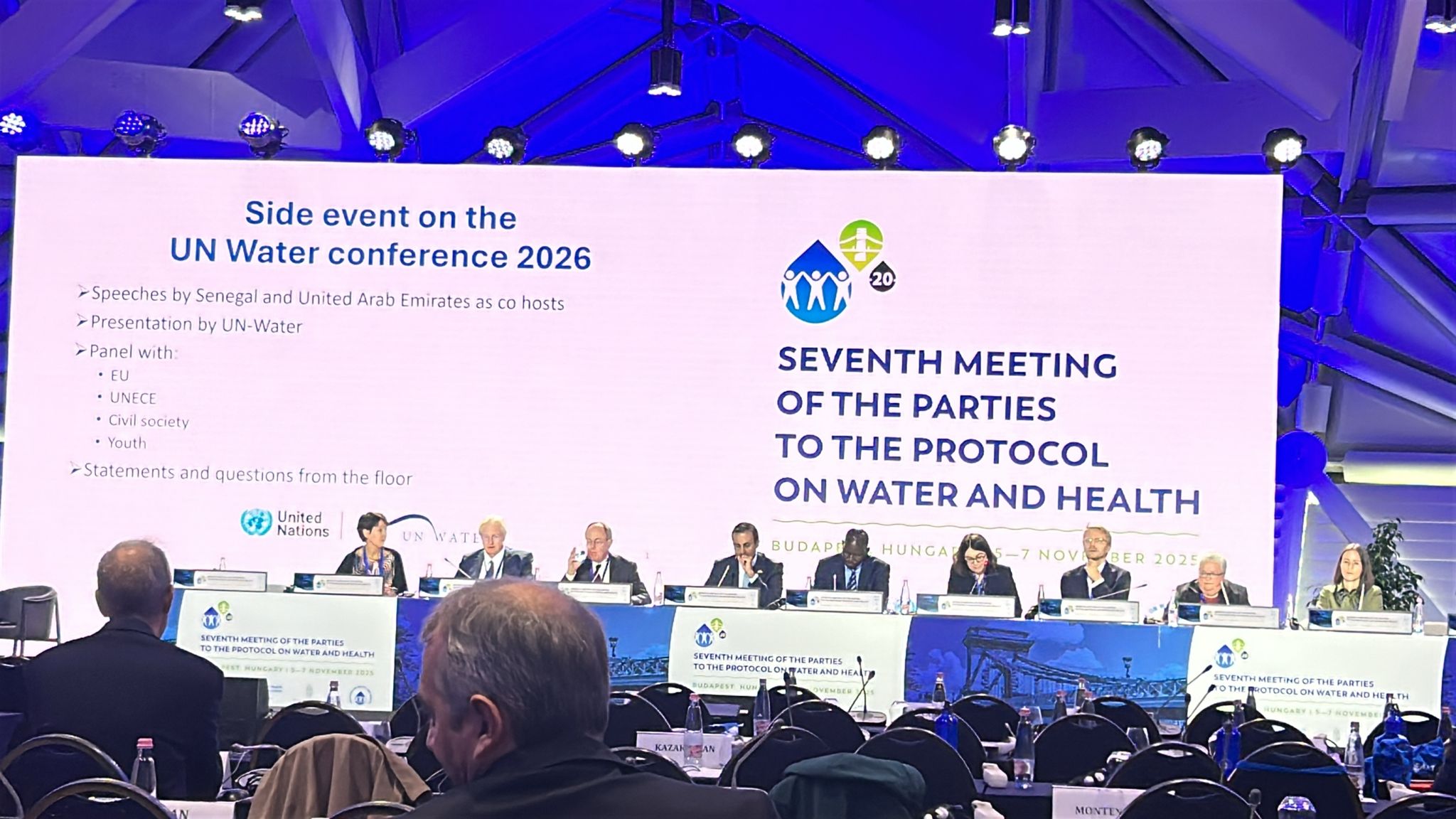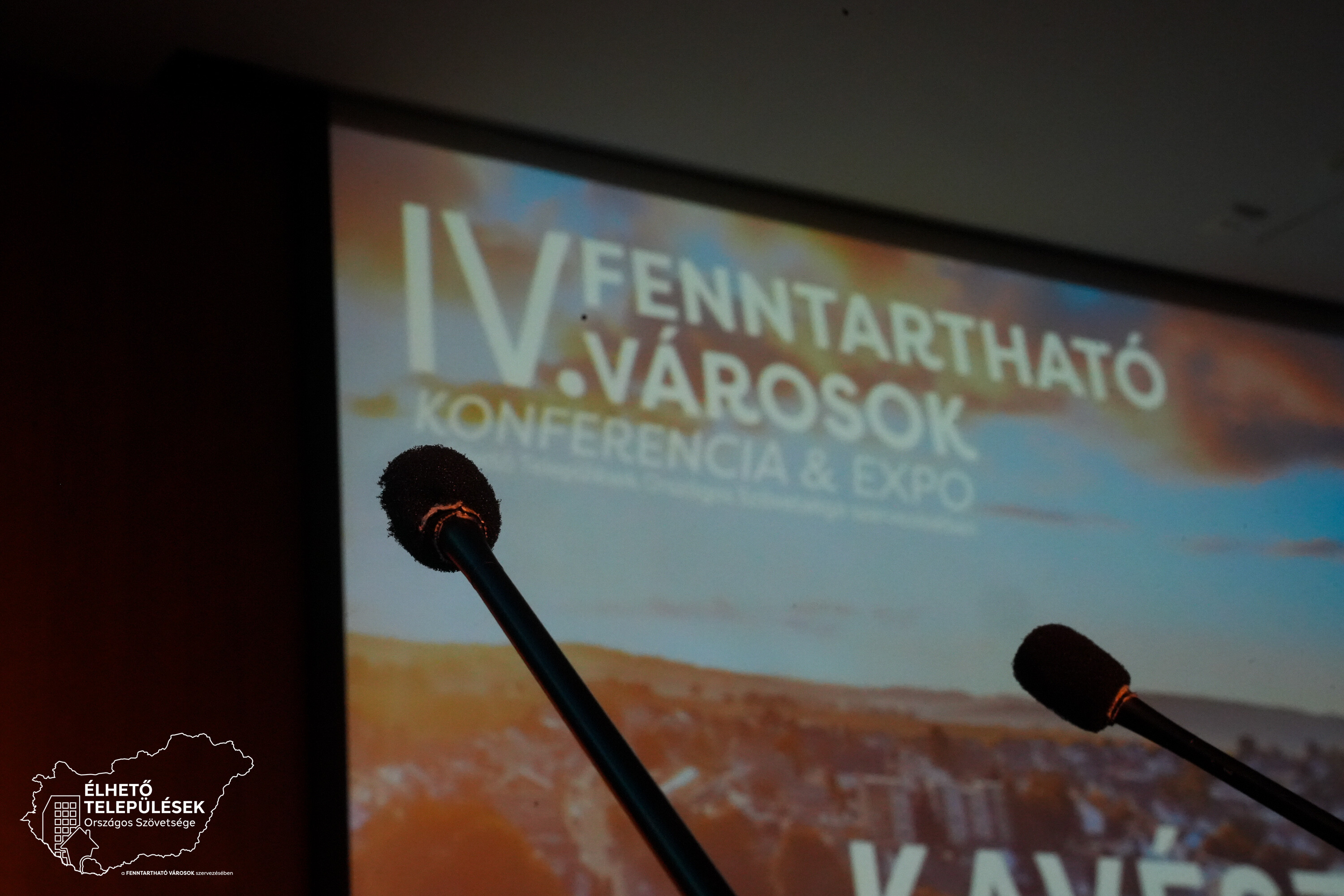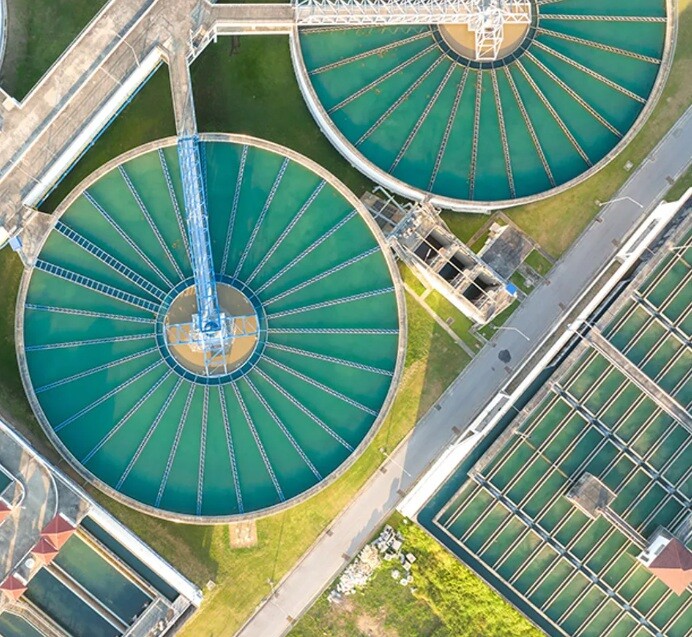
The new EU Urban Wastewater Treatment Directive (UWWTD) came into force at the beginning of the year, and member states must transpose it into national legislation by 2027. The European Water Association (EWA), in partnership with the Norwegian Water Association (NWA), organised its 2025 Spring Seminar in Oslo at the end of May to address this timely issue.
While scientific research increasingly supports the need for the revised UWWTD, its implementation poses significant challenges for utility service providers across Europe. The conference aimed to create a platform for better understanding these challenges and to explore how utilities and authorities can cooperate to improve water management in Europe.
Dr. Károly Kovács, PhD, former president and honorary life member of EWA, personally participated in the international gathering. He took part in a panel discussion focused on the implementation of the new directive and also gave a presentation as an invited speaker.
In his talk, he approached the conference’s theme from the perspective of urban rainwater management. He highlighted that during increasingly frequent extreme weather events caused by climate change, urban infrastructures are heavily burdened by polluted rainwater. Due to undervalued utility infrastructure, low water pricing, and the lack of payment for rainwater drainage and treatment, rainwater is perceived as having no value. Consequently, both the public and industrial actors tend to overlook this resource because of the low return on investment in rainwater-related developments.
However, he identified promising developments: the tightening legal requirements (such as the UWWTD) and a new approach to rainwater management.
His presentation also introduced a previously neglected perspective — the energy savings potential through evaporation. By storing and allowing rainwater to evaporate, cities can be cooled without the use of air conditioning, contributing to a measurable reduction in harmful emissions and long-term climate change mitigation. Moreover, if these benefits are translated into financial terms (e.g., CO₂ credits), investments in rainwater storage and infiltration systems could potentially pay for themselves within a year.
The full conference recording is available on the organisers' platform: https://www.tekna.no/en/past-events/48000/challenges-and-opportunities-with-the-new-eu-urban-wastewater-directive-48480/#

